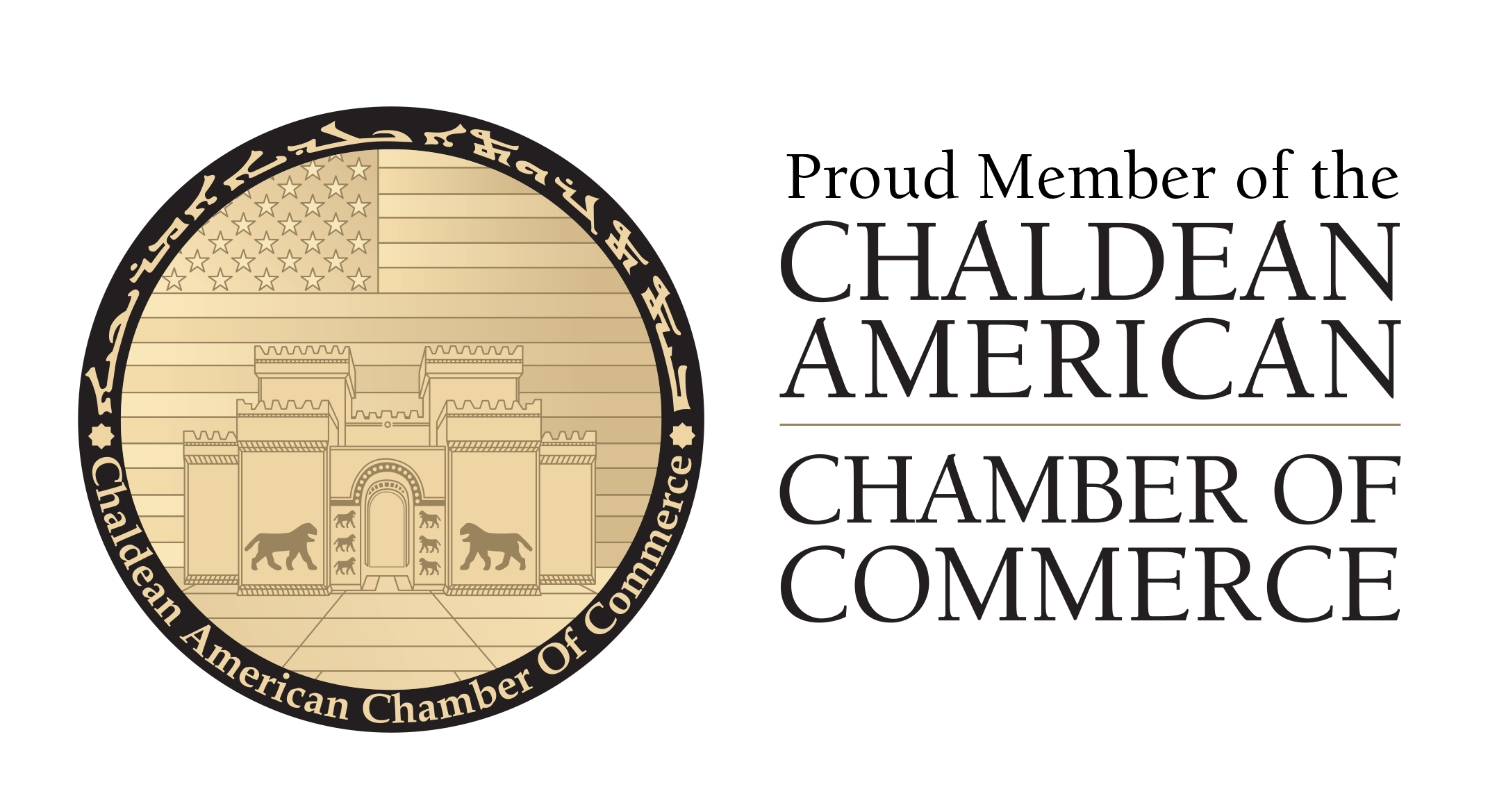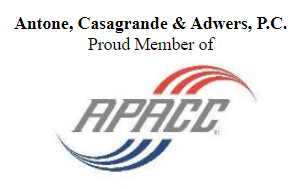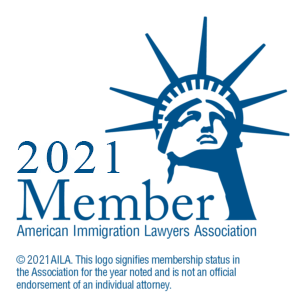The H-1B category is one of the most popular non-immigrant work categories. The immigration attorneys in our Michigan AV rated immigration law office can assist you or your prospective employee in obtaining an H-1B work-related visa. Its appeal stems from both the dire need by US firms to hire foreign talented professionals and the relative ease with which aliens may qualify. A Baccalaureate degree and professional position are the critical requirements to be eligible. A seasoned Michigan H-1B visa lawyer could help someone with the application process for this type of employment visa.
The procedure first requires the filing of Labor Condition Application (LCA) with the Department of Labor, which attests to certain statutory requirements. The LCA requires the employer to attest that the greater of (1) the actual wage level paid to all individuals with similar experience and qualifications for the job in question or (2) the prevailing wage level for the occupational classification in the area of intended employment is offered to the alien. The employer is required to provide notice of the Labor Condition Application to the bargaining representative, if there is one. In cases where there is none, the employer must post the notice of the filing of the application in two conspicuous locations for at least 10 days. After this attestation is made by the employer and the Department of Labor approves this, the actual application with the U.S. Citizenship and Immigration Service may be made with the help of an experienced H-1B immigration attorney in our AV rated Michigan based law firm.
When is an H-1B Visa Appropriate?
There are two critical issues in analyzing if an H-1B visa is appropriate in a given situation. First, the alien must hold a Bachelor’s degree (or the equivalent) that is traditionally professional in nature. Second, the position offered must be in a specialty (professional) occupation.
In cases where the alien’s degree is not considered the equivalent to a U.S. Bachelor’s degree, it is possible to include relevant work experience. The U.S. Citizenship and Immigration Service (USCIS) allows the experience and education of an alien to be combined and equated to the attainment of a Baccalaureate degree from a U.S. institution for H-1B application purposes.
A specialty occupation is defined as one that requires theoretical and practical application of a body of highly specialized knowledge and which typically requires a Baccalaureate degree or its equivalent as the minimum requirement of entry for the position. This definition is unclear in many instances, and evidence often needs to be provided to the USCIS to demonstrate that a particular position qualifies.
Once the Labor Department certifies the LCA and the position and qualifications have been analyzed, the employer may file with the Immigration Service a petition for a non-immigrant worker, to which the LCA should be attached, together with additional documents, including information about the employer, the job qualifications of the alien, and the filing fee.
Duration of an H-1B Visa
The H-1B petition will be initially valid for the maximum period of three years and may be renewed for an additional three years. During that time, the alien may work as a professional in the U.S. There are specific quotas for H-1B workers in each fiscal year. Recently, the number of allowable H-1B initial petitions has been substantially reduced. An alien in the United States may work for a different employer provided he or she first obtains a new H-1B approval through a petition by the new employer. This requires a new application similar to that initially filed. This new application is generally not subject to the yearly cap. If an H-1B alien is dismissed prior to the end of the employment, the employer may be liable for the reasonable cost of the return of the alien to his/her country of origin.









